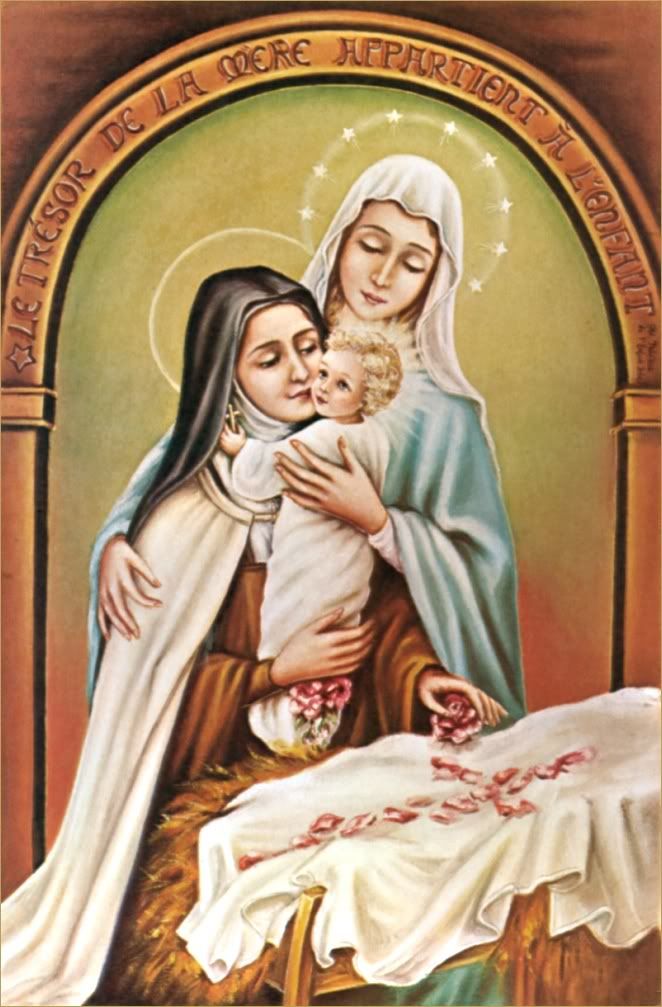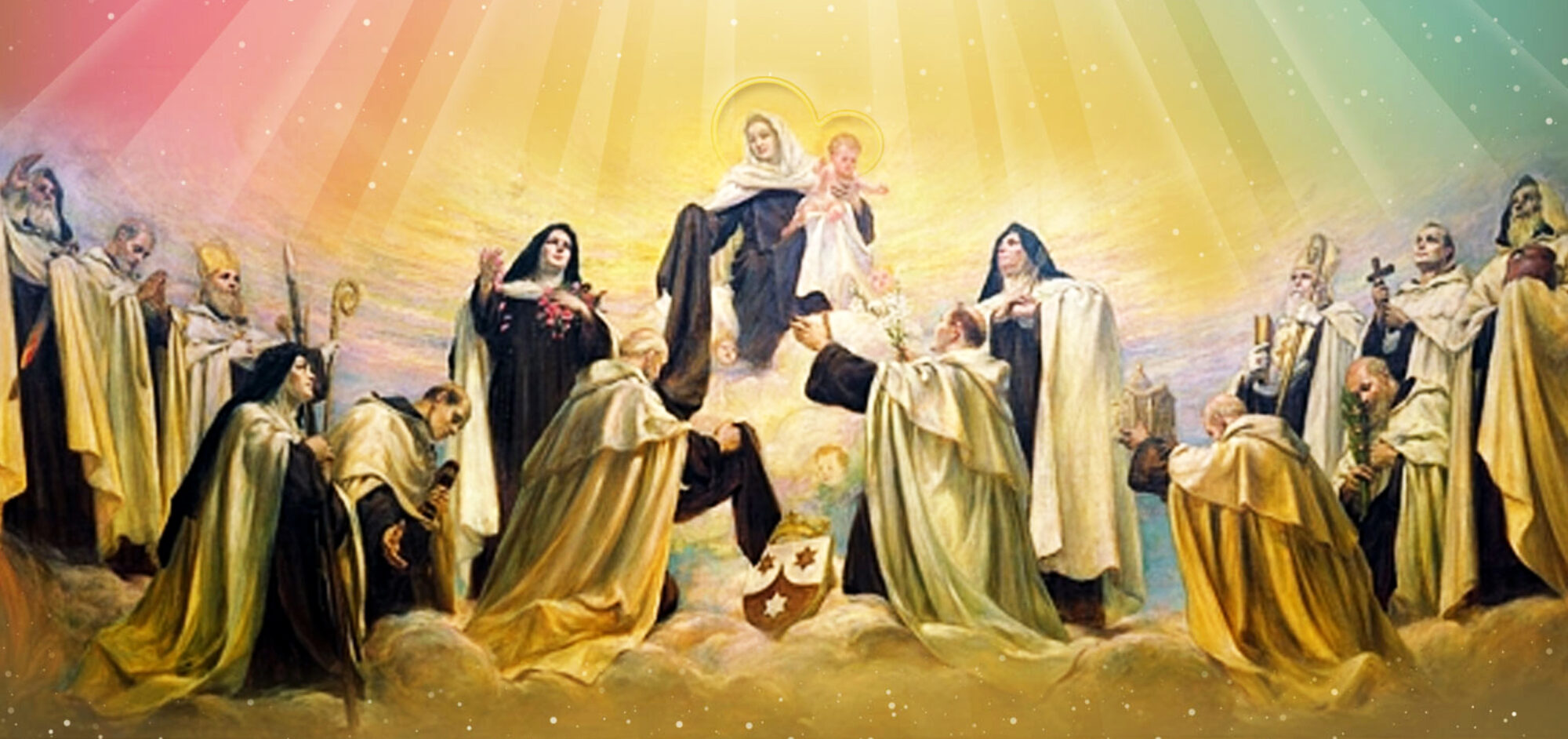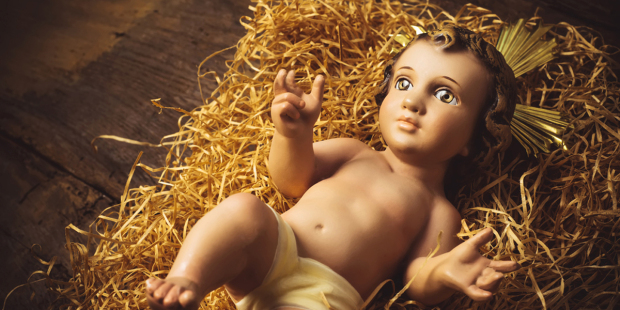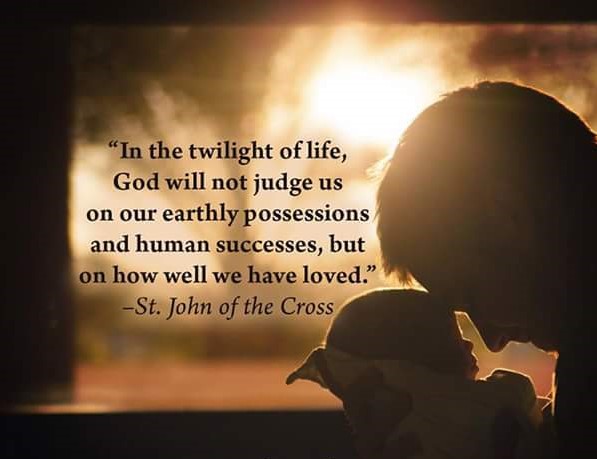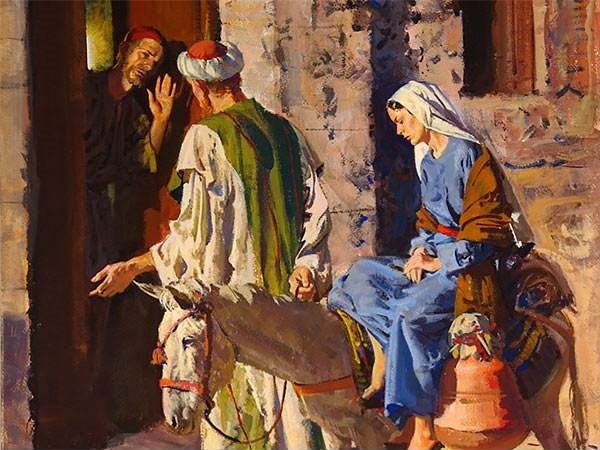IN THE MANGER…
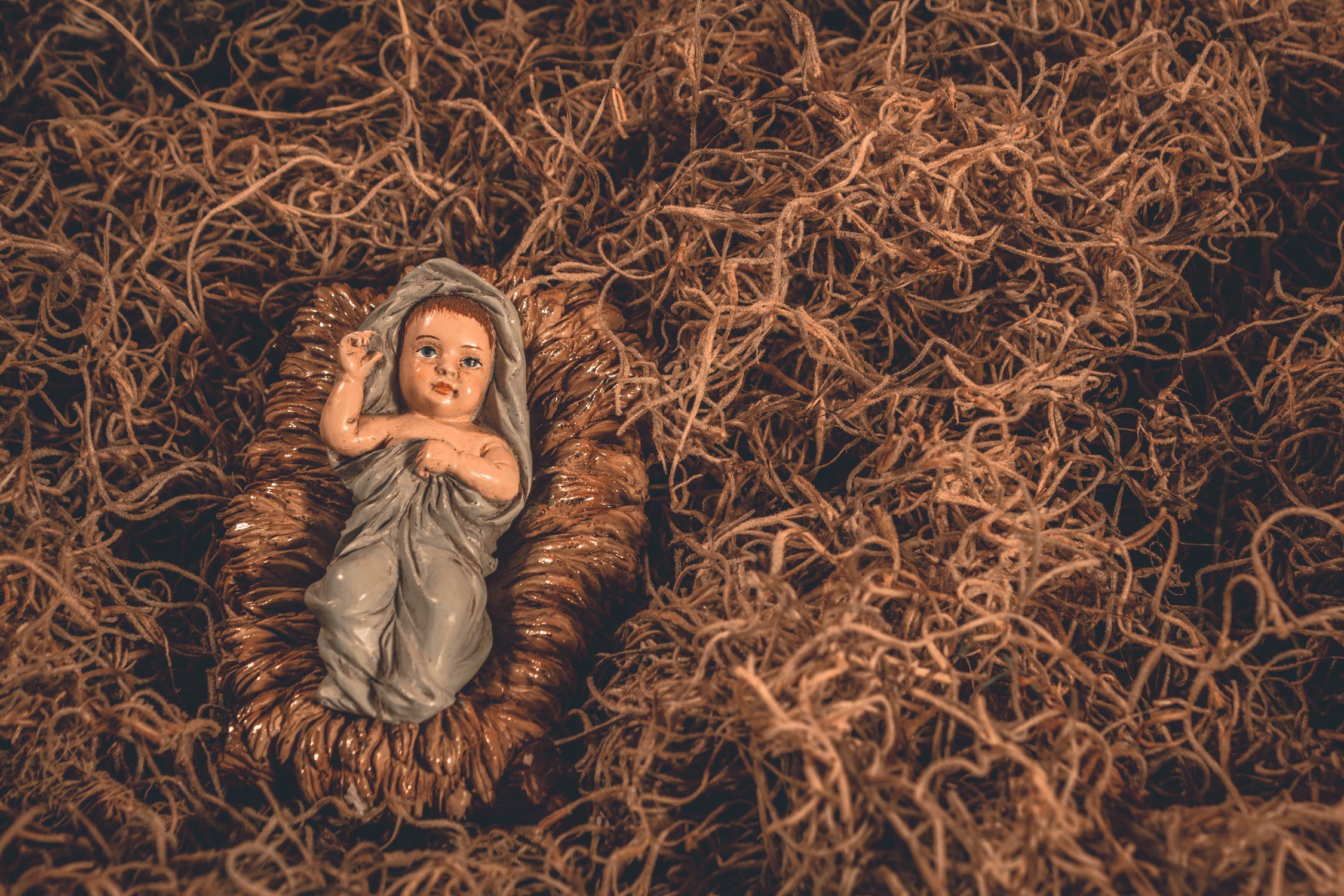
“For God so loved the world that he gave his one and only Son, that whoever believes in him shall not perish but have eternal life.” (John 3:16)
A lot has been written about Christmas in the past and a lot will be written about Christmas in the future also. Christmas time is the most wonderful time of the year when Love comes down from heaven. God gifted humankind the greatest of all gifts – His only son Jesus! Unfortunately, over the years, we have been so caught up exchanging the material gifts that we have been conveniently forgetting about this heavenly gift. Commercialization of this beautiful event has totally side-lined its spiritual aspect.
But the mystic saint, St. John of the Cross, reminds us all of the deep spiritual truths of Christmas. For this great Carmelite saint, the liturgical feasts and seasons meant more than an external commemoration – they were the occasion of an interior transformation in the spirit of the mystery being celebrated. At Christmas time above all he felt his heart pulsate with love for the Child Jesus.
One Christmas, seeing a statue of the Baby Jesus lying on a cushion, he cried out, “Lord, if love is to slay me, the hour has now come.” Another Christmas, taken with love, he took the statue of the Infant Jesus in his arms and began to dance with enraptured joy.
On the day before Christmas St. John of the Cross used to organize with the friars a kind of para-liturgical procession to recall how Mary and Joseph went in search of lodging for the divine Infant. Initiated by our holy Mother St. Teresa of Avila, it was called “the child Jesus days of recollection”. During this great and noble Carmelite tradition, the entire community processed in white mantles holding candles. The prior carried the child Jesus in a little manger, to a monk’s hermitage. The monk kneeled to kiss these holy images when they were brought into his cell and placed on his straw mattress. He spent the next twenty-four hours in solitude and intense prayer.
Among his many great works there is also a rare poem about the Nativity of Jesus. In this poem he presents a symphony of spiritual truths, focused in particular on the spousal nature of the Incarnation and the love God has for humanity. It has hints of the SONG OF SONGS within it, another poem that expresses the passionate love of God for his bride, the Church.
As we meditate on the beauty of Christmas, let us consider this poem by St. John of the Cross:
Now at last the destined ages
Their appointed course had run,
When rejoicing from His chamber
Issued forth the Bridegroom Son.
He embraced His bride, and held her
Lovingly upon His breast,
And the gracious Mother laid Him
In the manger down to rest.
There He lay, the dumb beasts by Him,
They were fitly stabled there,
While the shepherds and the angels
Filled with melody the air.
So the feast of their espousals
With solemnity was kept;
But Almighty God, an Infant,
In the manger moaned and wept.
So the bride at her betrothal
Did the bridal gifts arrange;
But the Mother looked in wonder
At the marvellous exchange.
Man gave forth a song of gladness,
God Himself a plaintive moan;
Both possessing that which never
Had been hitherto their own.
So let this Christmas be a transforming time for us. Let us be humble, being given the opportunity to be part of this history story to adore and worship the true, living “Emmanuel” God with us. This Christmas let us make the divine Carmelite tradition ours. Let us make our hearts and homes the new Bethlehem where Christ is welcomed with great love and adoration. Let us not turn away Joseph and Mary when they visit us with their heavenly Gift.
(Article is written by our OCDS member Jubilee Cardoza, from Mira Road, Mumbai)
